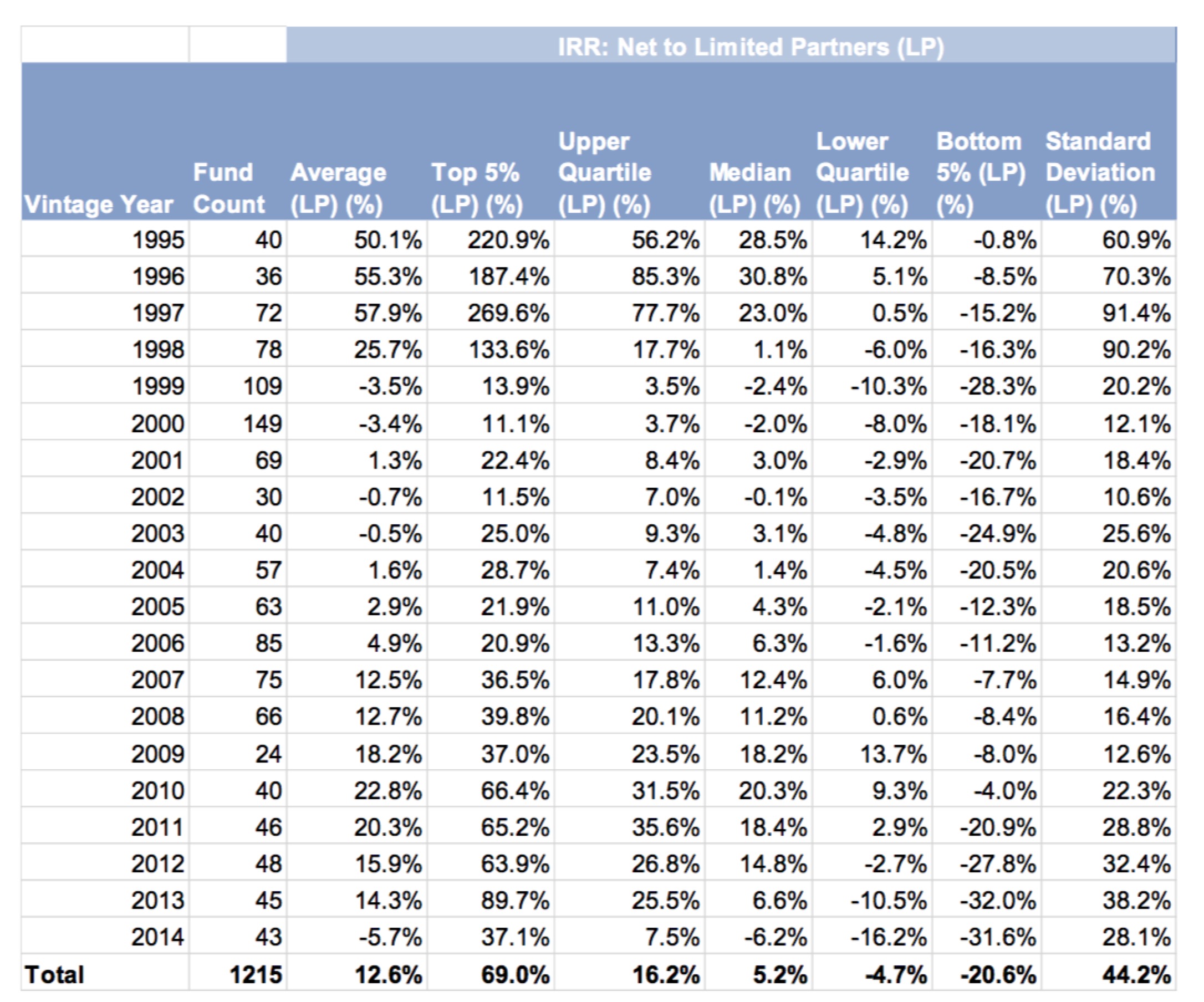Understanding Bankruptcy and Private Student Loans: Your Guide to Navigating Financial Relief
### Description:When it comes to managing overwhelming debt, many individuals find themselves grappling with the complexities of **bankruptcy** and **privat……
### Description:
When it comes to managing overwhelming debt, many individuals find themselves grappling with the complexities of **bankruptcy** and **private student loans**. This guide aims to shed light on these crucial topics, helping borrowers understand their options and the implications of their financial decisions.
Bankruptcy is often seen as a last resort for those drowning in debt. It is a legal process that allows individuals to eliminate or restructure their debts under the protection of the bankruptcy court. However, the relationship between **bankruptcy** and **private student loans** is particularly intricate. Unlike federal student loans, which can be discharged in bankruptcy under certain conditions, private student loans are generally more challenging to eliminate. This distinction is vital for borrowers who are considering bankruptcy as a solution to their financial woes.

Many people are unaware that discharging private student loans in bankruptcy is not as straightforward as it is for other types of unsecured debt. To have a chance at discharging these loans, borrowers must prove "undue hardship," a legal standard that varies by jurisdiction. This often requires a separate adversary proceeding within the bankruptcy case, making the process more complicated and costly.
For those struggling with **private student loans**, bankruptcy can provide a pathway to financial relief, but it’s essential to understand the potential consequences. Filing for bankruptcy can severely impact your credit score, making it difficult to secure loans or credit in the future. Moreover, bankruptcy remains on your credit report for up to 10 years, which can hinder your ability to rent an apartment or obtain employment in some cases.
If you are considering bankruptcy as a solution to your **private student loans** debt, it is crucial to consult with a bankruptcy attorney who can provide guidance tailored to your specific situation. They can help you evaluate whether bankruptcy is the best option for you and assist you in navigating the intricacies of the process.
In addition to bankruptcy, borrowers should explore all available options for managing their **private student loans**. This may include loan consolidation, refinancing, or negotiating with lenders for a more manageable repayment plan. Some lenders may offer hardship programs that can temporarily reduce payments or provide other forms of relief.
Another important aspect to consider is the possibility of loan forgiveness programs. While these are more commonly associated with federal student loans, some private lenders may offer forgiveness options under specific circumstances. It’s worth investigating whether your lender has any programs that could help alleviate your financial burden.
In summary, understanding the relationship between **bankruptcy** and **private student loans** is essential for anyone facing financial difficulties. While bankruptcy can offer a path to relief, it is not without its challenges, especially concerning private loans. By exploring all available options and seeking professional advice, borrowers can make informed decisions that lead to a more secure financial future. Remember, you are not alone in this journey—many resources are available to help you navigate the complexities of debt relief and find the best solution for your unique situation.

